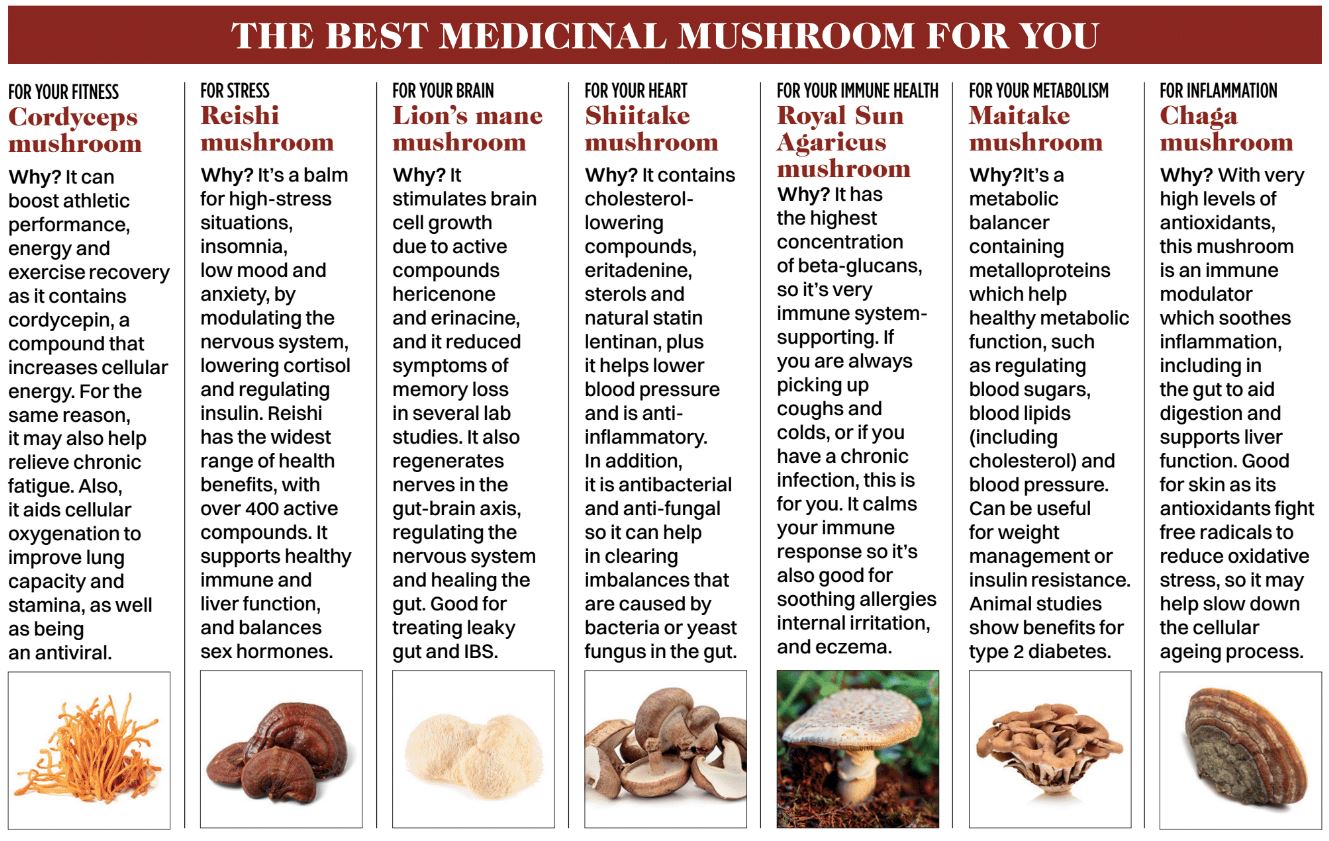Contact Us
For Product Pricing, Customization, Or Other Inquiries:
Contact Supplier
Call Us
Where Are the Most Nutrients Stored in a Mushroom?
The next time you prepare a delicious mushroom dish, think about which parts of the mushroom you should use. The stem and cap have different nutrient compositions that can determine the flavor and texture of your dish.
What's even more important to know, though, is what each part contains regarding nutrients! Let's discuss how much vitamins, minerals, and protein there is in each part of the mushroom so that you can make an informed decision when cooking up your favorite dishes.
The mushroom cap is the top part of a mushroom that grows above ground. It has a compact, solid structure that has cells filled with liquid. The mushroom caps are more fibrous. They can be peeled off easily without too much force after being cooked or pickled in vinegar for preservation purposes. The nutrient value in caps makes them worth adding to recipes.
The caps of mushrooms have more protein, vitamin B12, and riboflavin than the rest of the body. They also contain fewer calories than the stem does, which is great for people following a low-calorie diet. All mushrooms are high in fiber, nutrient-rich, and low in calories, making them ideal for boosting health and losing weight.
The mushroom cap contains potassium and magnesium, whereas the stem has higher amounts of iron, manganese, copper, and zinc! These high levels of nutrients are a prime reason that mushrooms are popular as a medicinal food.
Caps have less water content than stems. Remember that when deciding on how many mushrooms to add to your next meal.
The nutrient value in mushroom stems is attractive. They have high amounts of fiber, which is good for gut health. This part of the mushroom also contains vitamin C and some copper.
The mushroom stem has a lot more water content than the cap does - about two-thirds! It's important to note that too much can lead to a mushy feel when cooked or pickled. Don't forget the way you prepare mushrooms will also have an impact on nutrition.

The gills are the part of a mushroom that is under or around the cap. The gills lack any water content and, if consumed raw in large quantities, they can make you nauseous because of their high concentration of cellulose plant fibers.
When cooking mushrooms with the gill side up, moisture is released from them, which means there will be less weight after cooking.
Are you wondering what other benefits eating mushrooms offers?
A medium portobello mushroom contains more potassium than an avocado. Potassium helps regulate blood pressure and nerve function and is vital for muscle control and other bodily functions. As part of a wholesome, nutritious diet, you can't go wrong by choosing mushrooms.
They're also delicious and weigh enough to serve as meal replacements. With their great nutritional profiles, they're a quick way to add healthy food to your diet.
What's even more important to know, though, is what each part contains regarding nutrients! Let's discuss how much vitamins, minerals, and protein there is in each part of the mushroom so that you can make an informed decision when cooking up your favorite dishes.
The Mushroom Caps
The mushroom cap is the top part of a mushroom that grows above ground. It has a compact, solid structure that has cells filled with liquid. The mushroom caps are more fibrous. They can be peeled off easily without too much force after being cooked or pickled in vinegar for preservation purposes. The nutrient value in caps makes them worth adding to recipes.
The caps of mushrooms have more protein, vitamin B12, and riboflavin than the rest of the body. They also contain fewer calories than the stem does, which is great for people following a low-calorie diet. All mushrooms are high in fiber, nutrient-rich, and low in calories, making them ideal for boosting health and losing weight.
The mushroom cap contains potassium and magnesium, whereas the stem has higher amounts of iron, manganese, copper, and zinc! These high levels of nutrients are a prime reason that mushrooms are popular as a medicinal food.
Caps have less water content than stems. Remember that when deciding on how many mushrooms to add to your next meal.
The Mushrooms Stems
The nutrient value in mushroom stems is attractive. They have high amounts of fiber, which is good for gut health. This part of the mushroom also contains vitamin C and some copper.
The mushroom stem has a lot more water content than the cap does - about two-thirds! It's important to note that too much can lead to a mushy feel when cooked or pickled. Don't forget the way you prepare mushrooms will also have an impact on nutrition.

The Gills
The gills are the part of a mushroom that is under or around the cap. The gills lack any water content and, if consumed raw in large quantities, they can make you nauseous because of their high concentration of cellulose plant fibers.
When cooking mushrooms with the gill side up, moisture is released from them, which means there will be less weight after cooking.
What Are the Benefits of Eating Mushrooms?
Are you wondering what other benefits eating mushrooms offers?
A medium portobello mushroom contains more potassium than an avocado. Potassium helps regulate blood pressure and nerve function and is vital for muscle control and other bodily functions. As part of a wholesome, nutritious diet, you can't go wrong by choosing mushrooms.
They're also delicious and weigh enough to serve as meal replacements. With their great nutritional profiles, they're a quick way to add healthy food to your diet.






